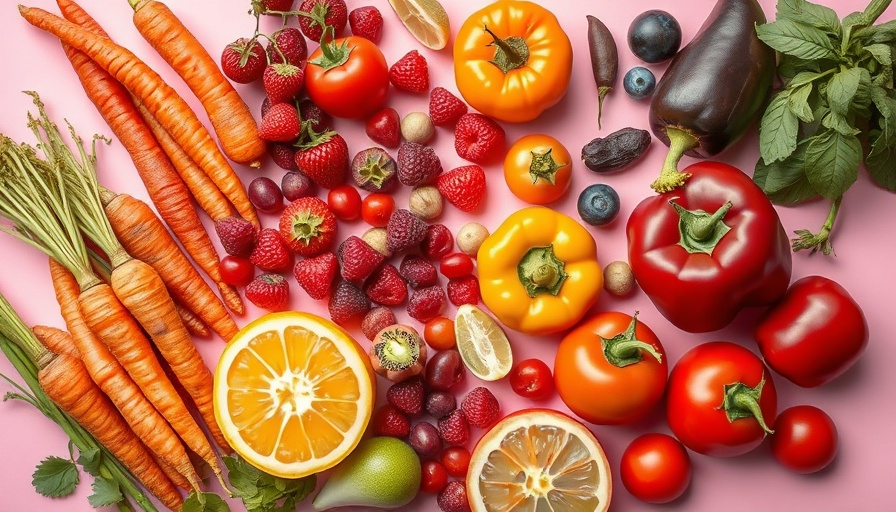
Understanding Insoluble Fiber and Its Impact on Ulcerative Colitis
Ulcerative colitis (UC) is an inflammatory bowel disease that affects millions worldwide, resulting in symptoms like cramping, diarrhea, and bloating. For those navigating life with UC, dietary choices can feel daunting, especially when it comes to fiber. While fiber is generally a pillar of healthy eating, not all types are created equal. Insoluble fiber, in particular, can be a troublesome component for many individuals with UC. This article will explore the nuances of insoluble fiber, its potential to irritate the already sensitive colonic lining, and what alternatives can serve as healthier choices.
What is Insoluble Fiber?
Unlike soluble fiber, which dissolves in water to form a gel-like substance aiding digestion, insoluble fiber remains intact as it passes through our digestive system. This type of fiber is often found in foods such as whole grains, legumes, and certain fruits and vegetables. For people with UC, the coarse nature of insoluble fiber can exacerbate symptoms, leading to discomfort during flare-ups.
Which Foods to Avoid?
Understanding which foods are high in insoluble fiber can empower individuals with UC to make informed dietary choices. Common foods to avoid include:
- Vegetables: Artichokes, asparagus, Brussels sprouts, and kale, among others.
- Fruits: Blackberries, cherries, figs, and whole nuts.
- Grains: Whole grains such as whole wheat, bran, and steel-cut oatmeal.
While these foods are typically healthy, for those with UC, they may pose challenges that overshadow their benefits.
Benefits of Soluble Fiber
So, if insoluble fiber can cause irritation, what should individuals with UC focus on? Enter soluble fiber — a friendlier alternative that aids digestion and can help manage symptoms. Foods rich in soluble fiber include oats, applesauce, bananas, and carrots. Incorporating more of these foods can provide the necessary fiber without triggering discomfort.
Strategies for Fiber-Related Wellness
Transitioning to a UC-friendly diet can be made easier with practical strategies:
- Know Your Triggers: Keep a food diary to identify which foods worsen symptoms.
- Go Gradual: If increasing soluble fiber intake, do it slowly to allow the digestive system to adapt.
- Hydration is Key: Drinking plenty of water can help manage fiber's effects and ensure overall digestive health.
The Mental Health Component
Managing a chronic illness often includes mental wellness considerations. Understanding dietary impacts, like the effects of insoluble fiber, can help individuals with UC feel more empowered in their health journey. It’s crucial to consult with healthcare professionals for tailored advice, combining both physical and mental health insights.
Conclusion: The Path Forward for UC Sufferers
By steering clear of insoluble fiber-rich foods and embracing their soluble counterparts, individuals with ulcerative colitis can hope to manage their symptoms more effectively. This dietary knowledge not only contributes to physical health but also enhances overall well-being and vitality. Remember, living well goes beyond just physical adjustments — it's about finding your balance.
As you integrate these dietary changes into your life, seek out local health and wellness resources, such as workshops and community events, to lend support on your journey to optimal health.
 Add Element
Add Element  Add Row
Add Row 




Write A Comment